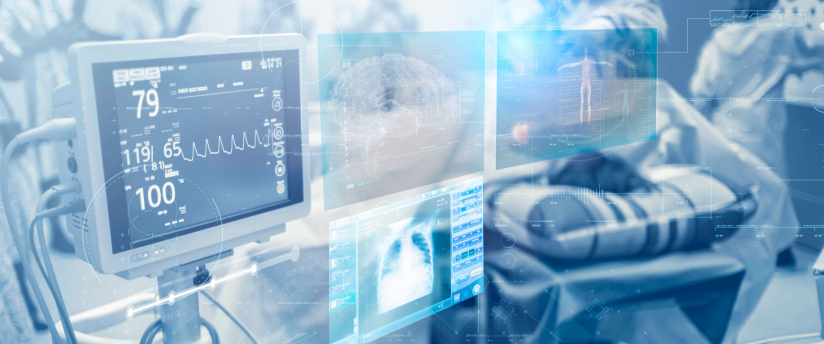
JPen Medical
9th December 2022
What Medical Equipment Needs Calibration?
Medical equipment is used by a variety of businesses and organisations every day, with many businesses operating outside of the healthcare sector. Medical equipment has vital functions for testing and treating people, maintaining safe and effective standards.
With such important functions across a range of needs, it’s important that medical equipment undergoes regular testing and calibration maintenance to ensure everything is in working order.
Learn more about the types of medical equipment needing calibration and how you can ensure regular maintenance for your workplace.
Who benefits from medical device testing?
There are a lot of different services that benefit from medical device testing, including:
- Care Homes
- Hospices
- NHS Hospitals
- Occupational Health
- GP Surgeries
- HMP Prisons
In settings where medical devices are used to carry out various tests and even treatment, calibration maintenance can have a lot of benefits, ensuring equipment is up to date and works accurately to provide valuable patient insights.
What medical equipment needs to be tested and calibrated?
The number of medical devices needing regular testing and calibration is vast, especially if you have multiple units of the same device to test. Some of the most common equipment needing testing includes:
- Audiometers
- Body fat monitors
- BP monitors
- CO meters
- Defibrillators
- Ear syringes
- ECGs
- Feed pimps
- Medical fridges
- Hearing measures and loops
- Otoscopes
- Scales
- Syringe drivers
- Thermometers
- Ultrasonic cleaners
And others. These devices are vital for use in assessing, diagnosing, and treating patients, meaning regular testing and calibration is a high priority.
Detailed medical equipment testing and calibration will help ensure your devices are all working as expected to deliver safe care to patients. The checks will ensure that the devices are working safely through electrical safety tests, and that they function as they should with accurate readings.
Testing can identify faults that could cause reporting errors and more, giving you the opportunity to get them fixed or replaced.
How often do I need to test medical equipment?
Medical equipment testing varies according to the type of equipment and frequency of use. However, there are some instances that can provide you with some guidance for testing frequency, including:
- When you purchase a new device that is being used for the first time.
- To test second-hand devices after purchase.
- After a certain time period has elapsed.
- After a certain number of uses, especially for equipment like defibrillators.
- After a device has been affected by some kind of glitch – as this can affect the readings given
- If a device is showing data that doesn’t seem right or raises alarm bells.
Testing frequency will be dependent on a variety of factors, but testing engineers can help you establish when to carry out testing on different devices to make sure everything is tested at the appropriate intervals.
How can I maintain electrical safety standards in my workplace?
Maintaining electrical safety standards is the responsibility of business owners and managers. There should be a designated person whose role is to take care of risk assessments, electrical safety checks, training and other steps that help maintain a safe and healthy workplace.
Testing medical equipment is just one part of the process in ensuring your practice or healthcare setting is operating as it should. You can also benefit from
syringe testing services, further electrical testing and fire risk assessments. Putting regular checks in place eases some of the pressure on managers to ensure that operations are in order.
By hiring professional testing providers like JPen Medical to carry these checks on your behalf, you can ensure that qualified, experienced engineers are carrying out the work to a high standard. Testing can be done at a time that’s convenient for you and your practice, taking place routinely according to your needs.
Electrical safety is vital for most areas of healthcare, with technology proving vital for effective patient care. If something were to go wrong with equipment, this could have serious consequences at your practice.
Work with JPen Medical for professional medical equipment calibration
At JPen Medical, we provide a range of medical equipment testing and calibration services, covered a range of sectors to help them deliver exceptional services to patients. Our engineers are trained by medical device manufacturers and we are proud to be the first testing/calibration company to test to IEC 62353 (Medical electrical safety testing) as part of our routine testing within all sectors.
Ensuring all of our testing standards are of the highest quality, we stay up to date on the latest practices, using the latest technology – including Fluke and Rigel.
Serving a variety of locations including GP practices, dental practices and hospitals and clinic settings, we can provide bespoke testing services to meet your needs. Contact JPen Medical today for a free quote and to discuss our services.
